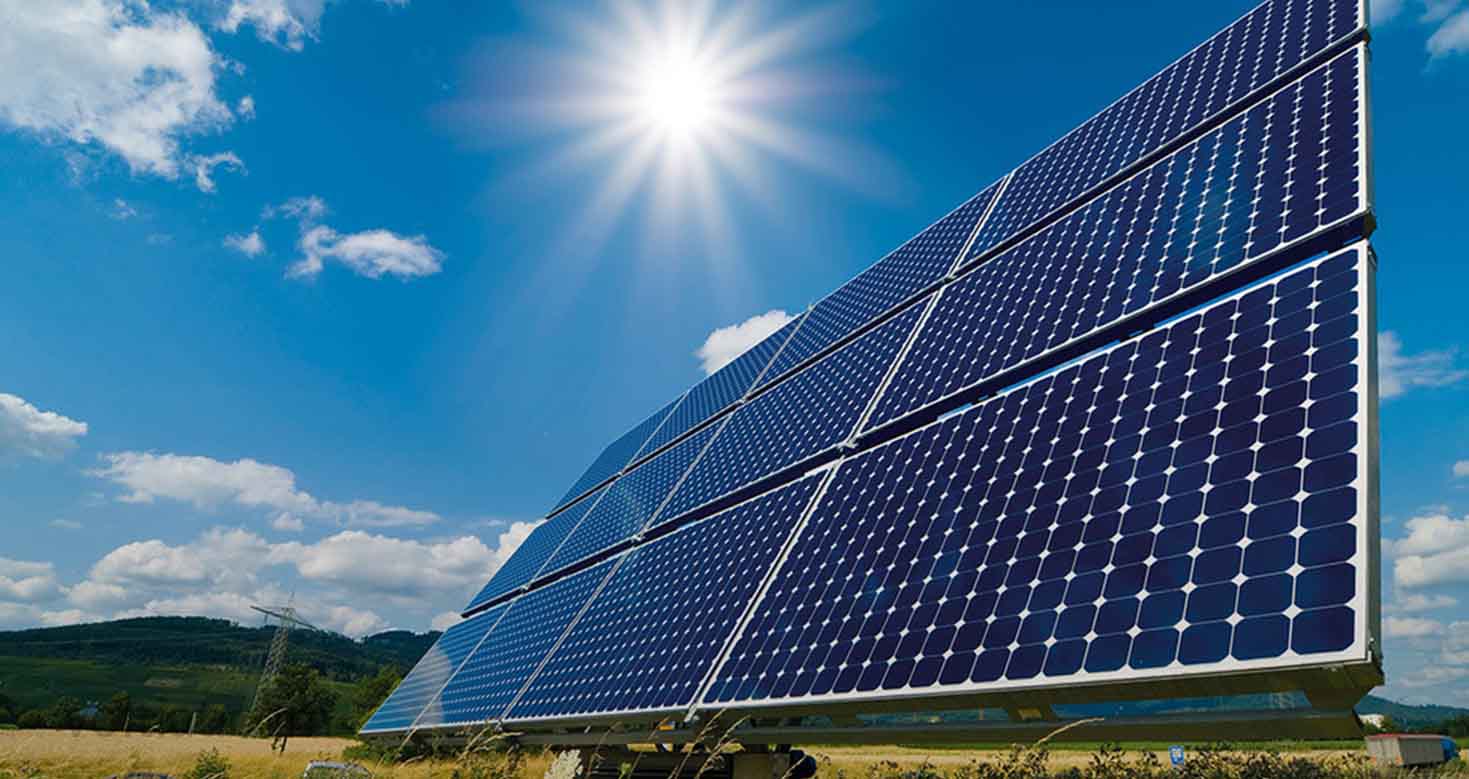MOSUL TIME RADIO
Deputy Chairman of the Parliamentary Electricity and Energy Committee, Hassan Al-Asadi, confirmed that the House of Representatives will vote on the renewable energy law during its sessions in the coming days .
Al-Asadi said, “The House of Representatives will vote on the renewable energy law in the coming days,” indicating that “the law is considered one of the important laws in Iraq and will serve Iraq by taking advantage of solar energy and other renewable energies to generate electricity .”
He pointed out that “the renewable energy law will serve Iraq in all aspects and address many problems, including importing gas and energy from neighboring countries and the technical problems we face in the import process .”
Al-Asadi explained that “the renewable energy law will open a door for Iraq in the global markets by relying on renewable energy and benefiting from it, especially solar energy and other energies .”
The Iraqi national electricity grid suffers from a deficit in meeting the needs of citizens and institutions, despite the country possessing rich natural resources, including large reserves of oil and gas .
According to its spokesman, the Ministry of Electricity is seeking to address the crisis through renewable energy projects, including waste-to-energy plants in Abu Ghraib and Nahrawan. Studies are also being conducted to establish wind energy projects in Wasit Governorate, and contracts are being signed to develop solar energy projects with international companies such as the UAE’s Masdar and Saudi Arabia’s ACWA Power .
The energy sector faces challenges related to corruption and ineffective management, which hinders the achievement of ambitious clean energy goals, as reports indicate that the Central Bank’s initiative to support renewable energy has not succeeded due to complex procedures and weak media promotion .
According to experts, the transition to clean energy requires a long time and large investments .
Iraq ranked seventh out of 10 Arab countries in terms of renewable energy electricity generation capacity by the end of 2023, according to the annual statistical report issued by the International Renewable Energy Agency (IRENA).






